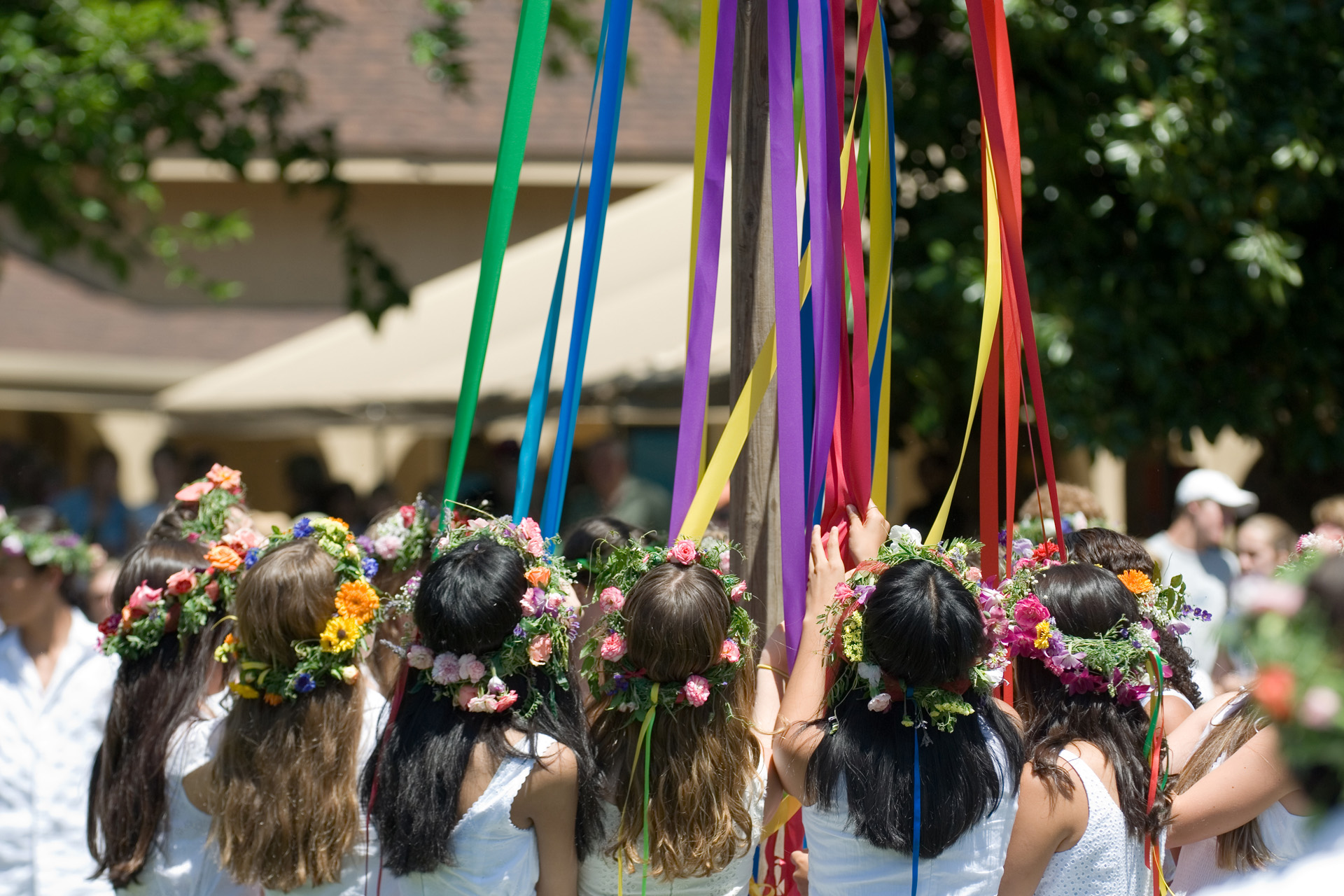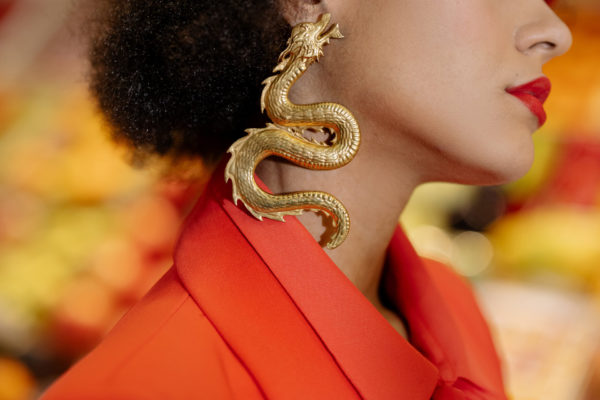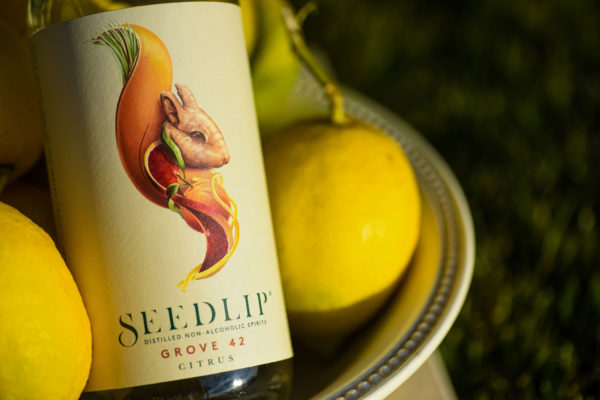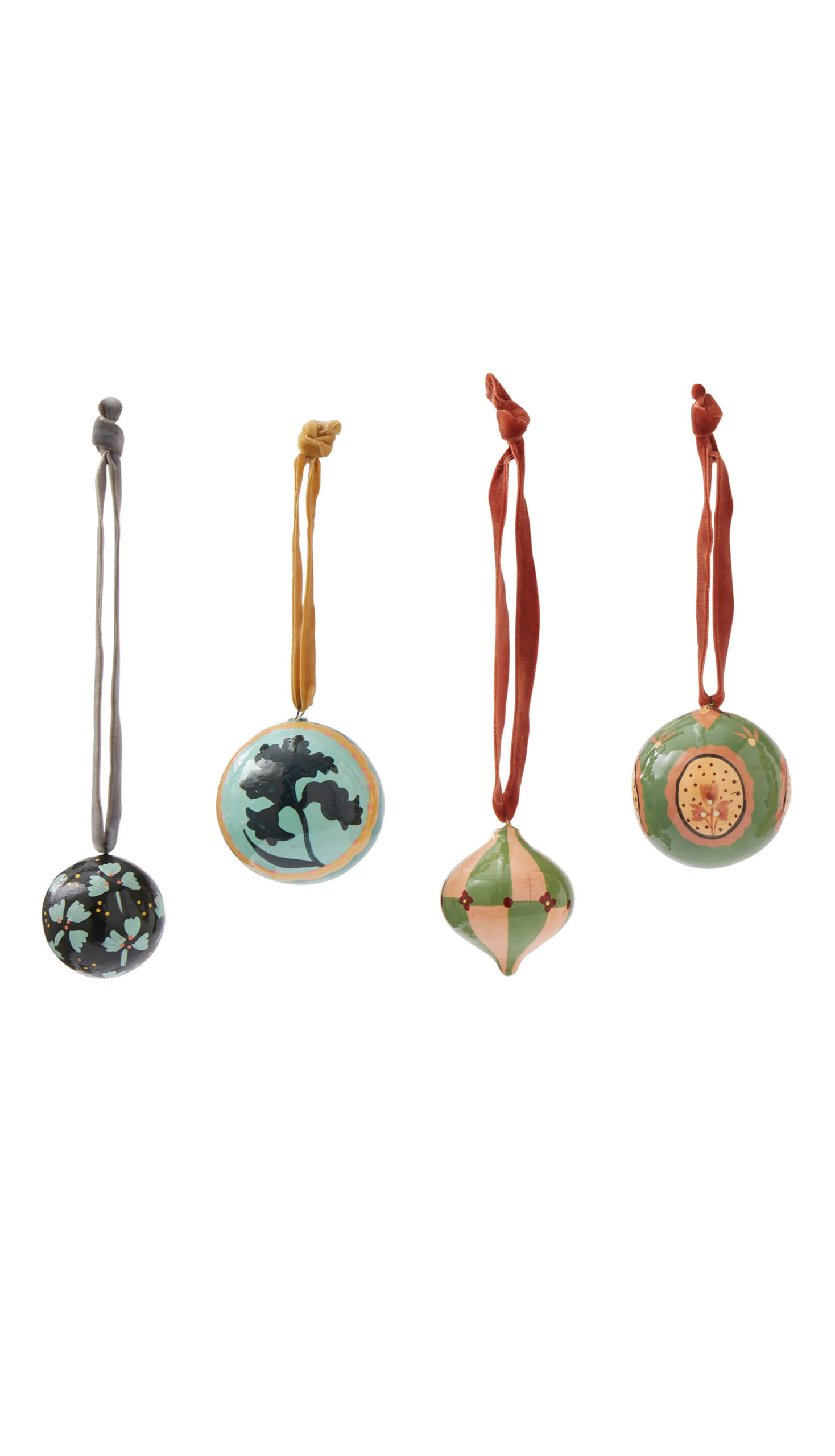8 Wacky Leap Year Superstitions & Traditions
By
2 years ago
From proposals to tipples
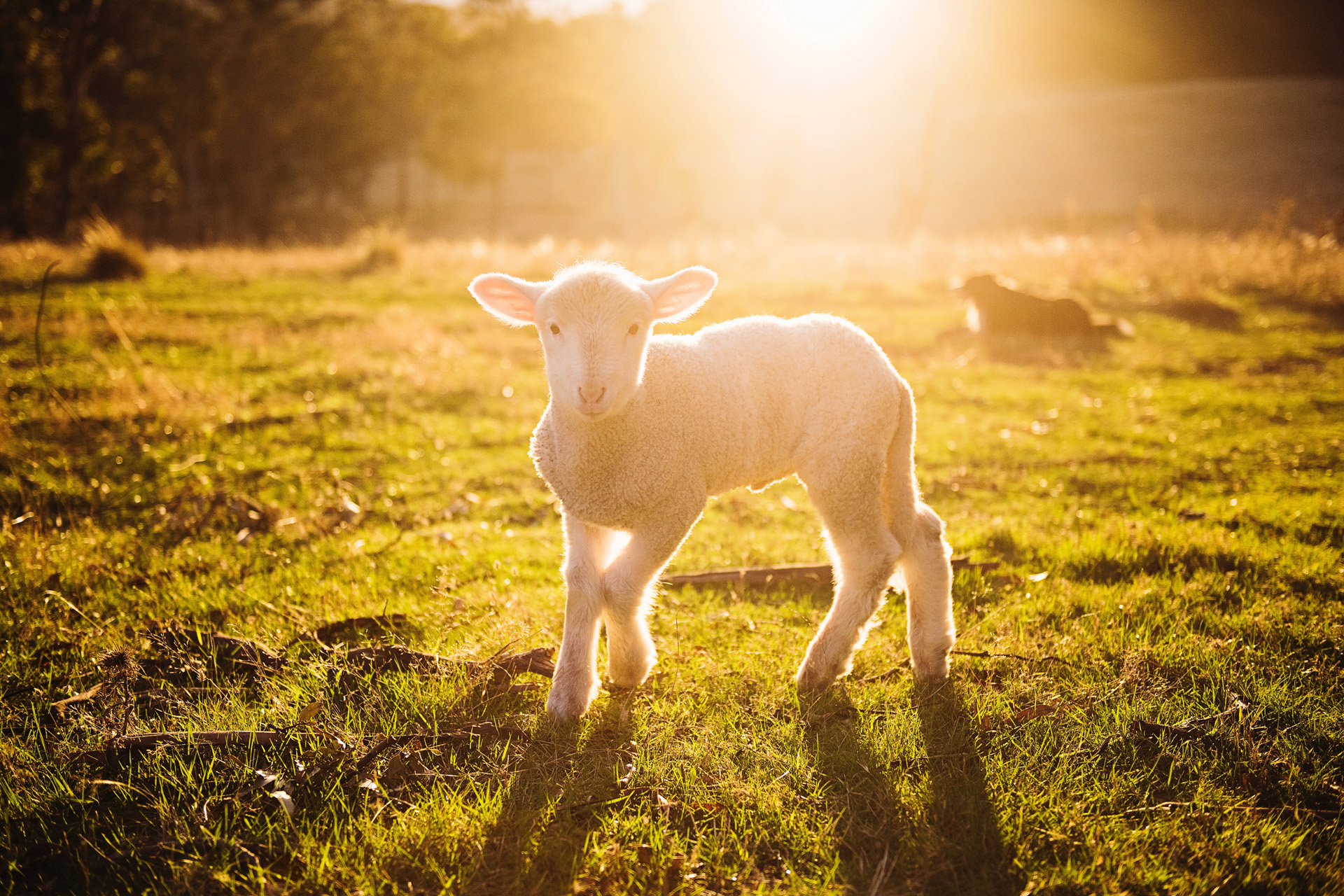
Happy February! Every four years, the shortest month is gifted an extra day, and women are encouraged to get down on one knee and propose to their loved one to celebrate it (as if they couldn’t any other day). We’re talking about leap years, of course – the bouncy name given to the 366th day added to the year to keep the calendar synchronised with the seasons. As well as proposals, the 29 February is imbued with an array of weird, wonderful and sometimes depressing beliefs. Here are our favourite leap year superstitions and traditions.
Leap Year Superstitions & Traditions
Women Proposing Marriage
The leap year tradition of marriage-minded women proposing to men is thought to date back to fifth century Ireland, when a deal was brokered between Irish nun Saint Bridget of Kildare (who complained that women had to wait too long for men to propose) with the nation’s saint, Saint Patrick, who offered women the opportunity to pop the all important question on the condition it could only happen once every four years.
While women can obviously propose whenever they please these days, back then (by law) it was solely up to the man to propose marriage – so a leap year was the only time a woman could break free from those bounds. To make it a little easier on the women, Queen Margaret of Scotland passed a law in 1288 that any man who refuses a Leap Day proposal should be fined, with the penalty anything from £1 to a silk gown (so it might be bad luck for anyone rejecting their sweetheart on 29 February). This has been imported to Denmark where the penalty is 12 pairs of gloves, and Finland where the man must provide enough fabric to make a new skirt should he decline a proposal. Today, the tradition is common across Europe and the US, and has evolved from a pocket of freedom into a whimsical gesture.
Destined For Divorce
On the other side of the spectrum, some cultures believe weddings that take place on 29 February are imbued with bad luck, with the marriage destined to end in divorce. This is especially pertinent in Greece, where any marriages that take place on any day of a leap year are thought to be cursed. Likewise, if you’re silly enough to get a divorce on a leap day, the Greeks believe you’re doomed to never find love again.
Leaplings
Lucky (or unlucky?) little ones born on 29 February may be called a ‘leapling’ or a ‘leaper’ – and they’re often the butt of the joke when it comes to how many birthdays they’ve actually celebrated, since they only get one every four years. That said, most leaplings celebrate their birthdays on 28 February or 1 March, and this varies from person to person, country to country. In Taiwan, for example, the legal birthday of a leapling is 28 February, while in Hong Kong it is 1 March.
In Scotland, if you’re unlucky enough to be born on 29 February, you’re doomed to a life of ongoing suffering.
La Bougie du Sapeur
Every leap day in France, a special comical newspaper is published: La Bougie du Sapeur. Translating to ‘The Sapper’s Candle’, the newspaper derives from a French comic book character created by George Colomb in 1896 called Camember. An army soldier (or ‘sapper’), Camember was born on 29 February and joined the army when he had celebrated his birthday four times. The tradition dates back to 1980, and a new edition has been published every 29 February since, typically selling in excess of 150,000 copies. Since 2016, La Bougie du Sapeur has also been sold in Belgium, Switzerland, Luxembourg and Canada. If you fancy buying a subscription so you never miss an issue, it’s priced at €100 per century.
May Day
Later in the year, there’s an annual tradition in Rhineland, Germany that young men will leave the branch of a birch tree adorned with ribbons on the doorstep of their beloved on 30 April – the eve of May Day. But the leap year tradition is that women are invited to do the same. On the flipside, while everyone dances around the Maypole on May Day, in a leap year it is traditional that only women dance.
Poor Harvest
Leap year superstitions are not kind on farmers: there’s an old Scottish saying that a ‘leap year was never a good sheep year’, while in Germany a proverb says ‘leap year will be a cold year’.
Leap Year Cocktail
In 1928, bartender Harry Craddock was working as a bartender at the renowned Savoy Hotel. A leap year, he decided to concoct a special cocktail to accompany the hotel’s Leap Day celebrations. Fancy saying ‘cheers’ on 29 February? You will need: gin, Grand Marnier, vermouth and lemon juice.
Leap Year Festival
If a short cocktail isn’t enough to assuage your celebration cravings, head to Anthony, a town on the Texas-New Mexico border known as the Leap Year Capital of the World. It’s all thanks to its annual, multi-day leap year festival, which has its origins in the friendship between leaplings Mary Ann Brown and Birdie Lewis who pitched the idea to the town council in 1988. Fancy joining in the fun? This year it’ll take place from 29 February–2 March, commencing with a special dinner for leaplings. leapyearfestival.com



